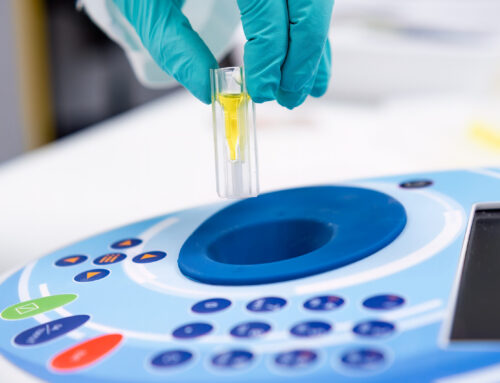The vitamin K injection is critical for newborns because it prevents a potentially life-threatening condition called Vitamin K Deficiency Bleeding (VKDB).
Here’s why it matters:
1. Newborns Have Very Low Vitamin K Levels
- Babies are born with naturally low stores of vitamin K.
- Vitamin K doesn’t cross the placenta efficiently.
- Breast milk contains very little vitamin K (formula has more, but not enough to protect fully).
- The baby’s gut is still immature and doesn’t make enough vitamin K-producing bacteria yet.
2. Vitamin K Is Essential for Blood Clotting
- Without enough vitamin K, a baby’s blood can’t clot properly.
- This increases the risk of spontaneous internal bleeding, especially in the brain (intracranial hemorrhage), intestines, or other vital organs.
3. VKDB Can Be Fatal or Cause Permanent Damage
There are three types of VKDB:
- Early-onset (within 24 hours): Rare, often in babies whose mothers were on certain medications.
- Classic (day 1–7): Often presents as bleeding from the umbilical stump, nose, or gastrointestinal tract.
- Late-onset (2–12 weeks): Most dangerous; often causes brain bleeds in otherwise healthy, exclusively breastfed babies.
Late-onset VKDB has a 20% mortality rate and many survivors have brain damage.
4. The Injection Is Safe, Simple, and Effective
- A single shot of vitamin K at birth virtually eliminates the risk of VKDB.
- It has been used safely for over 60 years.
- Oral vitamin K exists but is less effective and requires multiple doses over weeks—missed doses can lead to failure.
5. No Reliable Way to Predict Which Baby Will Bleed
- Even healthy babies with no risk factors can suddenly develop VKDB.
- You can’t screen or test reliably ahead of time.
- Prevention is the only safe option.
Summary:
Vitamin K injection = protection against deadly bleeding in newborns.
It’s safe, effective, and gives your baby the clotting support they can’t produce on their own.
Without it, the consequences can be irreversible.





